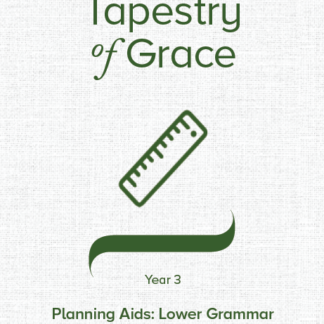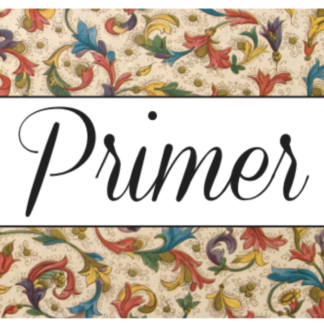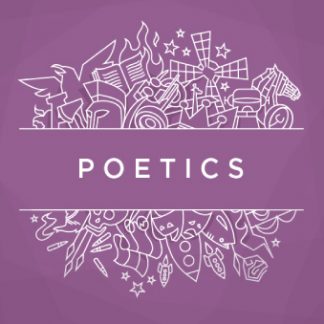Description
**This resource is required if you will complete rhetoric literature studies in any year-plan.
Years in the making, Poetics, a digital resource, is the rhetoric literature handbook that students need to use to complete assignments in all four year-plans.
“Poetics” used to mean “literature.” It was the name used by Aristotle for his book about the history and basic working principles of literature.
Christina Somerville wrote our Poetics because a great deal has been added to world literature since Aristotle’s time, but we couldn’t find any one text that combined good explanations of literary principles and techniques (plot, characters, imagery, themes, etc.) with a history of the critical literary movements (like Romanticism or Modernism), and a good thorough list of literary terms with definitions and examples. All of these are what we tried to put into our Poetics.
In modern terms, Poetics may be best described as a “literature handbook” for studying Western Canon fiction. It provides the historical background and literary analysis tools that would be useful for any (and all) of the following course titles:
- World Literature I
- World Literature II
- British Literature I
- British Literature II
- American Literature
Because we care about the worldviews behind literary movements, we also got permission to include James W. Sire’s descriptions of the basic historical worldviews (from his book, The Universe Next Door). So, Poetics describes and explains literature-shaping worldviews like Buddhism and Hinduism, Deism, Naturalism (Atheism), Existentialism, etc.
As you can imagine, Poetics is a pretty big book: 550 pages. It covers the history of Western literature from ancient to modern, from the Bible and Homer to Hemingway and Tolkien.
Some of our Tapestry alumni have found that Poetics can also be useful in college because the basic history of literature and the essential tools used to study it don’t change. Because of their success, we think Poetics could be a resource in most high school literature courses that study Western Canon books.
NOTE: According to Lampstand Press copyright policy, digital products (or printouts of them) cannot be transferred, loaned, or resold. See Terms and Conditions page for more details.




